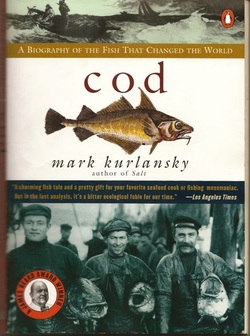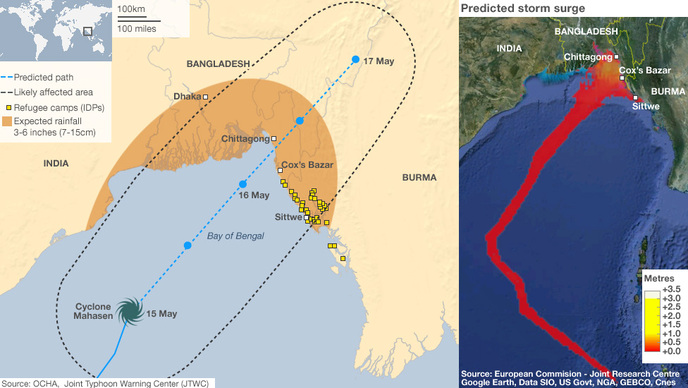It was an early start this morning to get the train from Paddington (no bears unfortunately) to Cardiff. I had a place booked on the University's case studies day. The idea is that A level teachers receive talks from university researchers on recent developments in Geography that are relevant to A level teaching. There are MANY case studies summarising the research going on completely free to download here http://www.cardiff.ac.uk/cplan/research/cardiff-case-studies. The case studies are regularly updated so keep checking.
The case studies can be used to supplement resources you have already and also provide excellent opportunities for stretching students. Each case study also has a few references included to get students used to referencing correctly. I can't wait to make use of them and get perspectives on contemporary research into my lessons. I think that the material is going to really broaden my students perspectives of what geography 'is'.
The case studies can be used to supplement resources you have already and also provide excellent opportunities for stretching students. Each case study also has a few references included to get students used to referencing correctly. I can't wait to make use of them and get perspectives on contemporary research into my lessons. I think that the material is going to really broaden my students perspectives of what geography 'is'.



 RSS Feed
RSS Feed